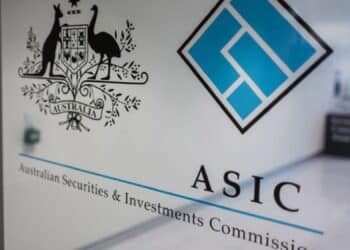The Association of Superannuation Funds of Australia (ASFA) has renewed its plea for the Federal Government to deliver the increase in the superannuation guarantee (SG) to 12 per cent in line with the previous Government's original time-table — or risk costing fund members up to $10,000.
As well, an ASFA submission to the Senate Economics Committee reviewing the removal of the Minerals Resource Rent Tax (MRRT) has warned that not delivering the SG increase at all could cost fund members up to $100,000, with women particularly affected.
At the same time, ASFA has renewed its warnings to the Government about the impact of the removal of the low income superannuation contribution (LISC).
However on the question of the pause in the superannuation guarantee, the submission said that in terms of the quantitative impact on individuals, for a person on $70,000 a year, around average full-time earnings, "the proposed pause leads to projected retirement savings after 35 years being around $10,000 lower (2.5 per cent), from $396,000 to $385,000".
"However, a pause has a much smaller impact on eventual retirement savings than not increasing at all — around $10,000 detriment to retirement savings after 35 years compared to nearly $100,000 detriment if the SG did not go to 12 per cent," the submission said.
It said that, currently, individuals with superannuation and who earn around average full-time earnings of $70,000 have approximately $98,000 across all their accounts in superannuation.
"The average amount for this income group aged 60 to 64, around the age most individuals retire, is $253,000. For those aged 40 to 44, the average amount for those on $70,000 a year is only $69,000," the ASFA submission said, not that these figures would substantially increase with an increase in the SG.
"The increase in the SG particularly benefits those on average and lower than average incomes given that they are the ones most likely to receive contributions no greater than the compulsory rate," it said. "Women in particular are likely to receive contributions no more than the SG. As a result, those groups on average and below-average incomes generally have lower superannuation savings than are needed to support a comfortable standard of living in retirement or even to support living with dignity in retirement."





